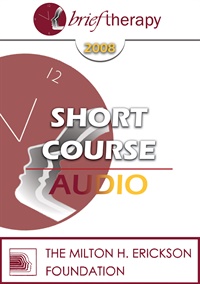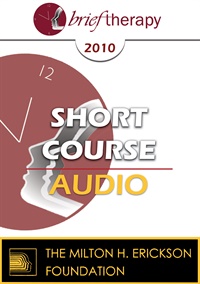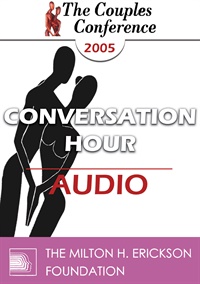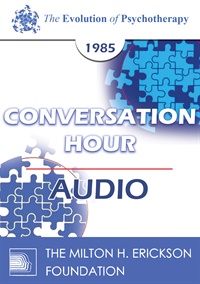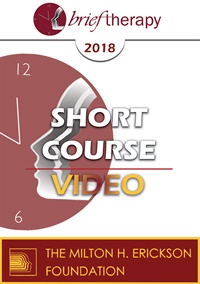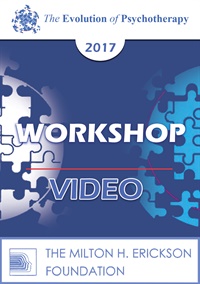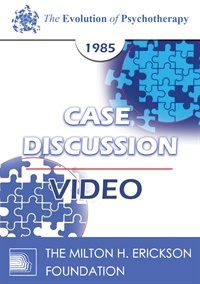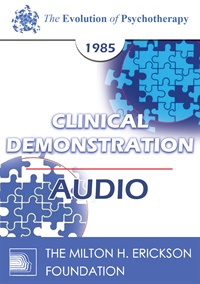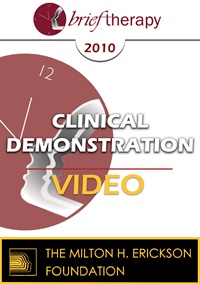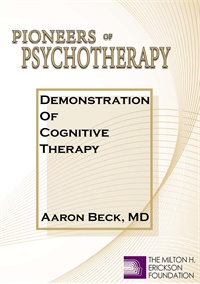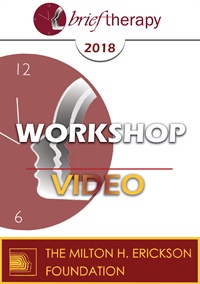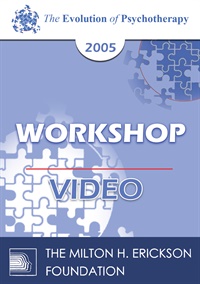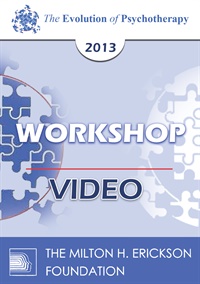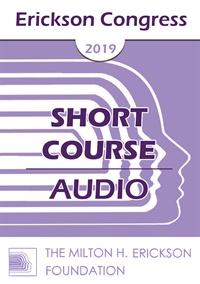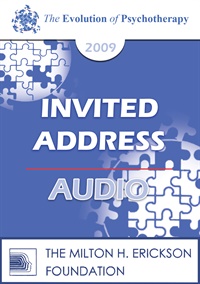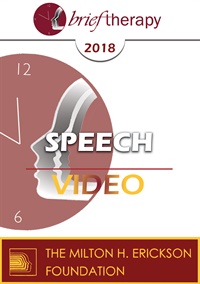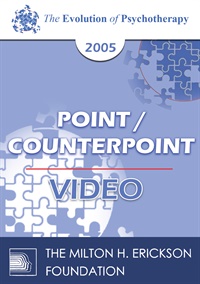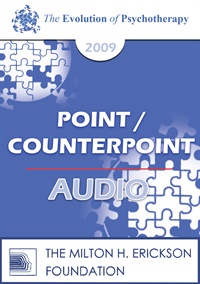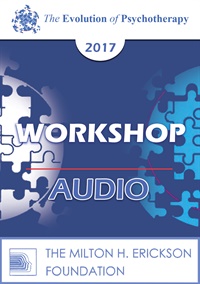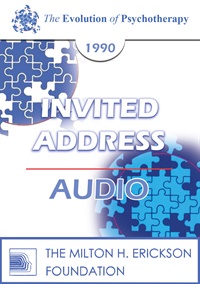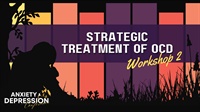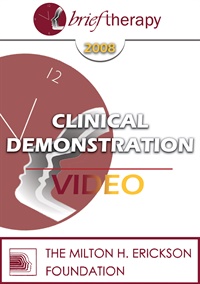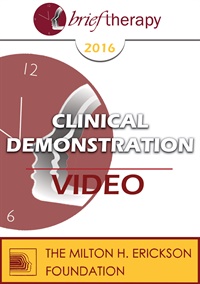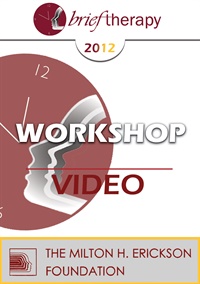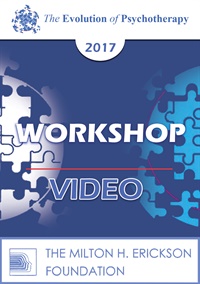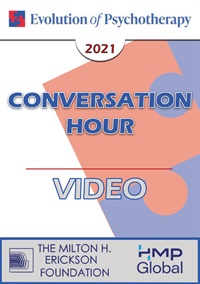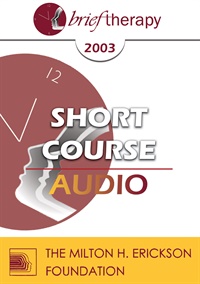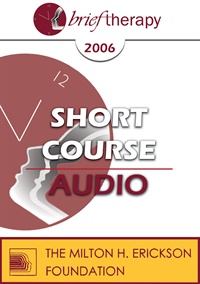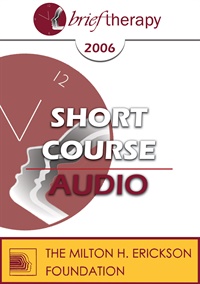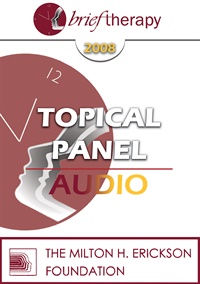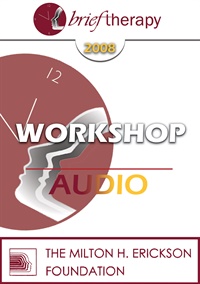Personality Disorders
A personality disorder is a way of thinking, feeling and behaving that deviates from the expectations of the culture, causes distress or problems functioning, and lasts over time. They can consist of any in a group of disorders involving pervasive patterns of perceiving, relating to, and thinking about the environment and the self that interfere with long-term functioning of the individual and are not limited to isolated episodes.
Autism
Autism spectrum disorder (ASD) refers to a neurodevelopment disorder that is characterized by difficulties with social communication and social interaction and restricted and repetitive patterns in behaviors, interests, and activities. Autism occurs in all racial and ethnic groups, as well as across every socioeconomic status level. It has been found that males are generally more susceptible to this condition than females.
Autism Recordings
Borderline
Borderline personality disorder is characterized by a long-standing pattern of instability in mood, interpersonal relationships, and self-image that is severe enough to cause distress or interfere with day-to-day functioning. Among the manifestations of this disorder are self-harm, substance abuse, gambling, unstable relationships; uncontrollable temper; uncertainty about self-image or goals; and chronic feelings of emptiness and boredom.
Borderline Recordings
Cognitive Behavior Therapy
Cognitive behavioral therapy (CBT) is a form of psychological treatment that has been often been used to help borderline personality disorder and depression. Numerous research studies suggest that CBT leads to significant improvement in functioning and quality of life. In many studies, CBT has been demonstrated to be as effective as, or more effective than, other forms of psychological therapy or psychiatric medications.
Cognitive Behavior Therapy Recordings
Dialectic Behavior Therapy
Dialectical behavior therapy is an evidence-based psychotherapy that began with efforts to treat personality disorders, and interpersonal conflicts. There is evidence that DBT can be useful in treating mood disorders, suicidal ideation, and for change in behavioral patterns such as self-harm and substance use.
Dialectic Behavior Therapy Recordings
Narcissism
Narcissism is a self-centered personality style characterized as having an excessive interest in one's physical appearance and an excessive pre-occupation with one's own needs, often at the expense of others. It is human nature to be selfish and boastful to a certain degree. There is a significant difference between healthy narcissism, being self-absorbed and difficult and having a pathological mental illness like narcissistic personality disorder.
Narcissism Recordings
Obsessive-Compulsive Disorder
Obsessive–compulsive disorder (OCD) is a mental and behavioral disorder in which an individual has intrusive thoughts and/or feels the need to perform certain routines repeatedly to the extent where it induces distress or impairs general function. Obsessions are persistent unwanted thoughts, mental images, or urges that generate feelings of anxiety, disgust, or discomfort.
OCD Recordings
Psychoanalysis
Psychoanalysis is a set of theories and therapeutic techniques that deal in part with the unconscious mind, and which together form a method of treatment for various personality and mental disorders. Psychoanalysis was established in the early 1890s by Austrian neurologist Sigmund Freud, who developed the practice from his theoretical model of personality organization and development, psychoanalytic theory.
Psychoanalysis Recordings
All Personality Disorder Recordings
- Average Rating:
- Not yet rated
- Topic Areas:
- Clinical Demonstrations | Personality Disorders | Brief Therapy | Cognitive Behavior Therapy (CBT) | Therapist Development | Treatment Planning
- Categories:
- Brief Therapy Conference | Brief Therapy Conference 2002
- Faculty:
- Arthur Freeman, EdD
- Duration:
- 59:05
- Format:
- Audio and Video
- Original Program Date:
- Dec 13, 2002
- Short Description:
- Educational Objectives: 1) To describe a structured, directive CBT interview. 2) Given a CBT case, identify a problem and make a treatment plan.
- Price:
- $29.00 - Sale Base Price - $59.00
- Average Rating:
- Not yet rated
- Topic Areas:
- Short Courses | Addiction | Brief Therapy | Psychotherapy | Abuse | Motivation | Personality Disorders
- Categories:
- Brief Therapy Conference | Brief Therapy Conference 2003
- Faculty:
- Ralph Armstrong, MD
- Duration:
- 1:37:13
- Format:
- Audio Only
- Original Program Date:
- Dec 13, 2003
- Short Description:
- Motivation is crucial to successful recovery from Substance Use Disorders. Fifteen DSM IV conditions reduce the motivation needed to bond with programs that assist in abstinence. Child abuse and neglect are frequent in substance abusers, and a conceptualization of its role in substance abuse is given. Therapy for sequelae such as schizoid personality, resentment, pessimism and others are described. with treatment of Axis I and II disorders accomplished, and the effects of abuse/neglect allayed, involvement with 12 step programs is more likely.
- Price:
- $15.00 - Base Price
- Average Rating:
- Not yet rated
- Topic Areas:
- Short Courses | Brief Therapy | Obsessive Compulsive Disorder (OCD) | Personality Disorders | Passive-Aggressiveness | Therapeutic Relationship
- Categories:
- Brief Therapy Conference | Brief Therapy Conference 2006
- Faculty:
- Vann Joines, PhD
- Duration:
- 1:18:47
- Format:
- Audio Only
- Original Program Date:
- Dec 07, 2006
- Short Description:
- There are six core personality adaptations that form the basic building blocks of personality. These are schizoid, paranoid, antisocial, passive-aggressive, obsessive-compulsive and histrionic. Each of these has a specific way (feeling, thinking, or behavior) of making contact with the world, a target area for growth and change, and a trap area where the person has the greatest defenses. By knowing this information, the therapist can quickly establish rapport, target interventions to the area that will produce the greatest change, and avoid getting trapped in the client's defenses. This workshop will look at these six core adaptations, how they develop, and how to work most effectively with each one.
- Price:
- $15.00 - Base Price
- Average Rating:
- Not yet rated
- Topic Areas:
- Short Courses | Borderline | Brief Therapy | Personality Disorders
- Categories:
- Brief Therapy Conference | Brief Therapy Conference 2006
- Faculty:
- Michael Munion, MA, LPC
- Duration:
- 1:18:42
- Format:
- Audio Only
- Original Program Date:
- Dec 07, 2006
- Short Description:
- This course examines the nature of Borderline Personality Disorder (BPD), and presents an integrated model of treatment of specific issues in brief, solution-focused episodes. Core elements of a safety plan and development of a community resource network are described. Careful management of the therapeutic relationship is a critical part of this approach. Some specific protocols for common BPD issues, such as suicidal ideation and self-injurious behaviors are elaborated.
- Price:
- $15.00 - Base Price
- Average Rating:
- Not yet rated
- Topic Areas:
- Topical Panels | Therapist Development
- Categories:
- Brief Therapy Conference | Brief Therapy Conference 2008 | Pioneers in Couples and Family Therapy
- Faculty:
- John C. Norcross, PhD | Bill O'Hanlon, MS | Michele Weiner-Davis, LCSW
- Duration:
- 1:00:48
- Format:
- Audio Only
- Original Program Date:
- Dec 13, 2008
- Short Description:
- This panel explores the often-overlooked influence of therapist personality on treatment outcomes, noting research showing therapist effects can outweigh specific treatment modalities. Presenters reflect on how passion, attunement, and responsiveness shape clinical impact. The conversation also advocates for therapist self-development, flexible integration of models, and a more nuanced view of competency beyond licensure.
- Price:
- $15.00 - Base Price
- Average Rating:
- Not yet rated
- Topic Areas:
- Workshops | Borderline | Brief Therapy | Personality Disorders | Solution Oriented Approach
- Categories:
- Brief Therapy Conference | Brief Therapy Conference 2008
- Faculty:
- Michael Munion, MA, LPC
- Duration:
- 2:28:27
- Format:
- Audio Only
- Original Program Date:
- Dec 11, 2008
- Short Description:
- This workshop examines the nature of Borderline Personality Disorder (BPD), and presents an integrated model of treatment of specific issues in brief, solution-focused episodes. Core elements of a safety plan and development of a community resource network are described. Careful management of the therapeutic relationship is a critical part of this approach. Some specific protocols for common BPD issues, such as suicidal ideation and self-injurious behaviors are elaborated.
- Price:
- $15.00 - Base Price




